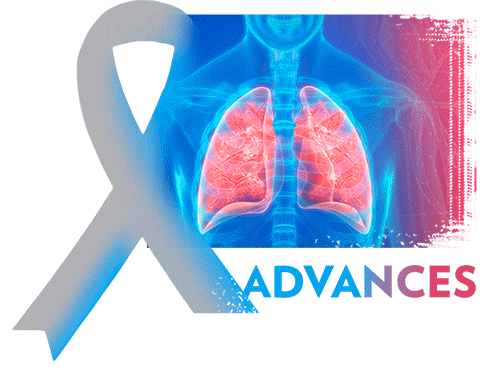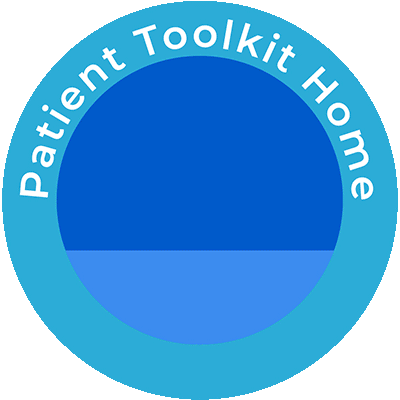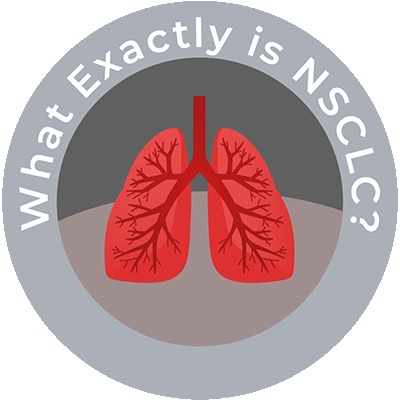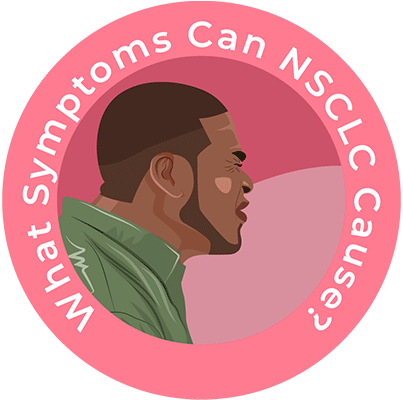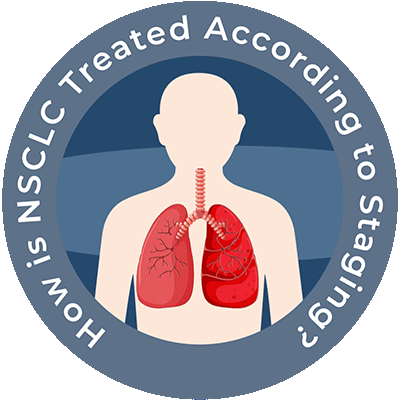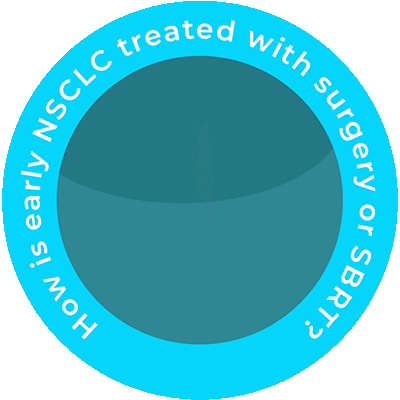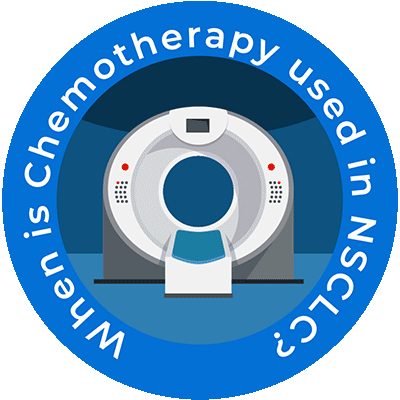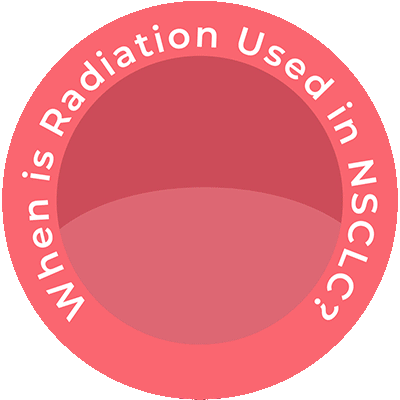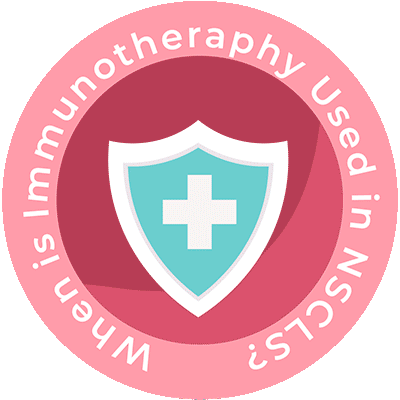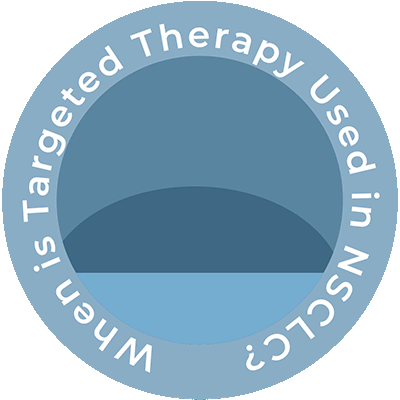What symptoms can non-small cell lung cancer cause?
Symptoms of lung cancer can be different for different people. Most lung cancers do not cause any symptoms until they have spread.
Some common symptoms of lung cancer are:
- A cough that does not go away or gets worse
- Coughing up blood or rust-colored sputum (spit or phlegm)
- Chest pain that may worsen with deep breathing, coughing, or laughing
- Hoarseness
- Decreased appetite
- Weight loss that can’t be explained
- Feeling short of breath
- Feeling tired or weak
- Infections that don’t go away or keep coming back (for example, bronchitis or pneumonia)
- New onset of wheezing
It is important to see your doctor if you have any of these symptoms, even though they are likely to be caused by something other than lung cancer.
Lung cancer treatments work better when the cancer is found early.
